In 2024, the government projected spending of approximately 55,400 billion VND on salary reform, with 89% coming from the central budget.
On the afternoon of October 23, the Government reported to the National Assembly on the 2023-2024 budget estimates and the three-year financial and budget plan (2024-2026).
From July 1, 2024, the Government will implement the public sector salary reform policy according to Resolution 27 of the Central Committee. The regional minimum wage and salary policies for the business sector will also be adjusted.
Finance Minister Ho Duc Phoc affirmed that "there are sufficient resources to implement salary policy reform," with projected revenue and expenditure for 2024, along with the use of a portion of the accumulated salary reform funds from the central and local budgets.
Specifically, by the end of 2022, the total central and local government budget allocated for salary reform over the next three years was over 430,000 billion VND. This figure increased to 486,000 billion VND by the end of 2023, with 23% coming from the central government budget.
According to the Minister of Finance, the total budget expenditure for 2024 (recurrent expenditure, development investment, salaries, etc.) is projected to be over 2.1 trillion VND, an increase of 24.1 billion VND compared to 2023. The total expenditure is nearly 2.12 trillion VND, including the 19 billion VND of surplus revenue transferred from salary reform funds to the 2024 budget of some localities to adjust the basic salary to 1.8 million VND per month.
Of this amount, the estimated expenditure for salary reform in 2024 is 55,400 billion VND, of which 48,000-49,000 billion VND comes from the central budget, and the remainder from local budgets.

Minister of Finance Ho Duc Phoc speaks at the afternoon session on October 23. Photo: Hoang Phong
In 2024, the projected budget revenue is approximately 1.7 trillion VND, a 5% increase compared to 2023. The ratio of revenue mobilization to GDP is expected to reach 15.3%. According to the Minister of Finance, this projection accounts for the revenue reduction resulting from further reductions in environmental protection tax on gasoline and a 2% reduction in VAT until the first half of next year. "This projection is positive given the potential risks in the domestic and international economic and social situation," Mr. Phớc observed.
At the opening session on the morning of October 23, Prime Minister Pham Minh Chinh also stated that the Government has promoted increased revenue, reduced expenditure, and allocated 560,000 billion VND to the salary fund, sufficient for salary reform over the next three years (2024-2026).
Reviewing this matter, the Chairman of the Finance and Budget Committee, Le Quang Manh, noted that the Government needs to comprehensively assess and compare the salary reform policy and the balance of resources for implementation in 2024-2026 and forecast up to 2030.
"It is necessary to implement synchronized solutions to increase budget revenue sustainably, to ensure resources and the roadmap for salary reform until 2030," the Chairman of the Finance and Budget Committee stated.
On the other hand, salary reform needs to be implemented in conjunction with increasing the base salary, reorganizing the administrative apparatus, and streamlining the workforce to ensure feasibility and long-term sustainability in accordance with the roadmap of Resolution 27.
The Finance and Budget Committee also agreed on a plan to adjust pensions, social insurance benefits, preferential treatment for meritorious individuals, and some social security policies linked to the base salary from July 1, 2014. However, for administrative agencies and units managing specific finances and income, the Finance and Budget Committee suggested extending this period only until June 30, 2024. After this period, the regulations will be implemented according to the general salary reform roadmap.
According to the Minister of Finance, in 2024 the Government will submit to the National Assembly for consideration a further 50% reduction in environmental protection tax on gasoline, diesel, and lubricants, and a further 2% reduction in VAT until the end of June 2024. While agreeing to extend this fiscal policy, the Chairman of the Finance and Budget Committee suggested that the Government submit a separate proposal, following the prescribed procedures.
In addition, the Government also proposed allocating 9,653 billion VND to compensate for product off-take payments for the Nghi Son Refinery. However, the Finance and Budget Committee requested the Government to clearly define this compensation amount, and to be responsible for its accuracy and compliance with regulations regarding compensation processing. This is because, according to the State Audit Office's report, the Vietnam Oil and Gas Group (PVN) has not yet explained the projected central government revenue for 2024 from after-tax profits, after deducting funds, to serve as the basis for determining the projected compensation for this project.
Vnexpress.net








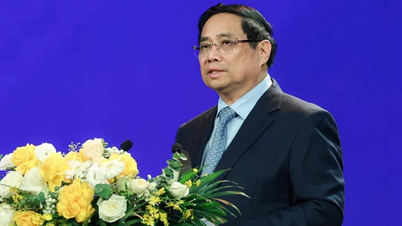



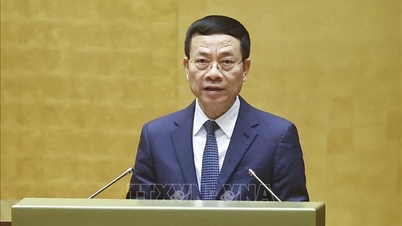





















































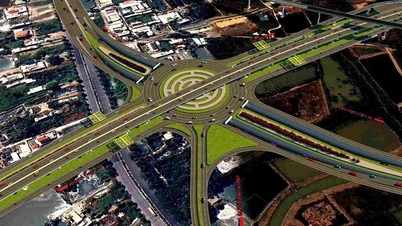


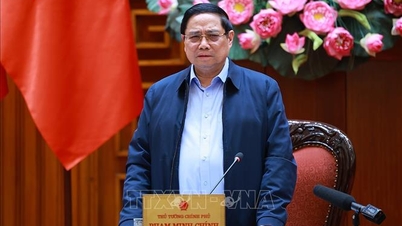








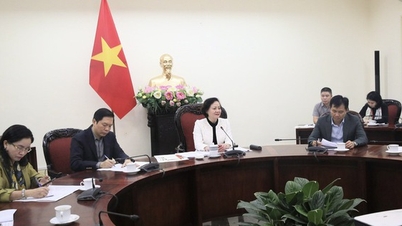
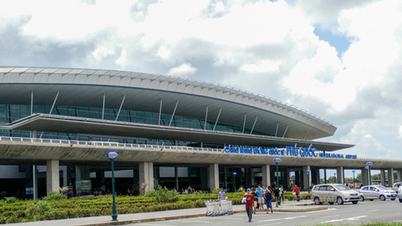







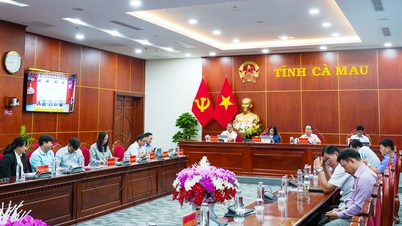
















Comment (0)